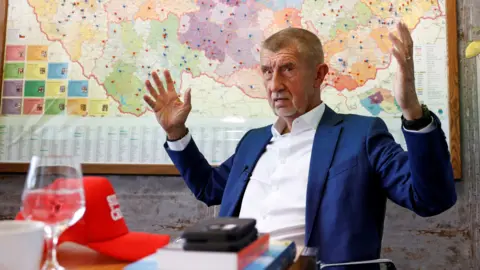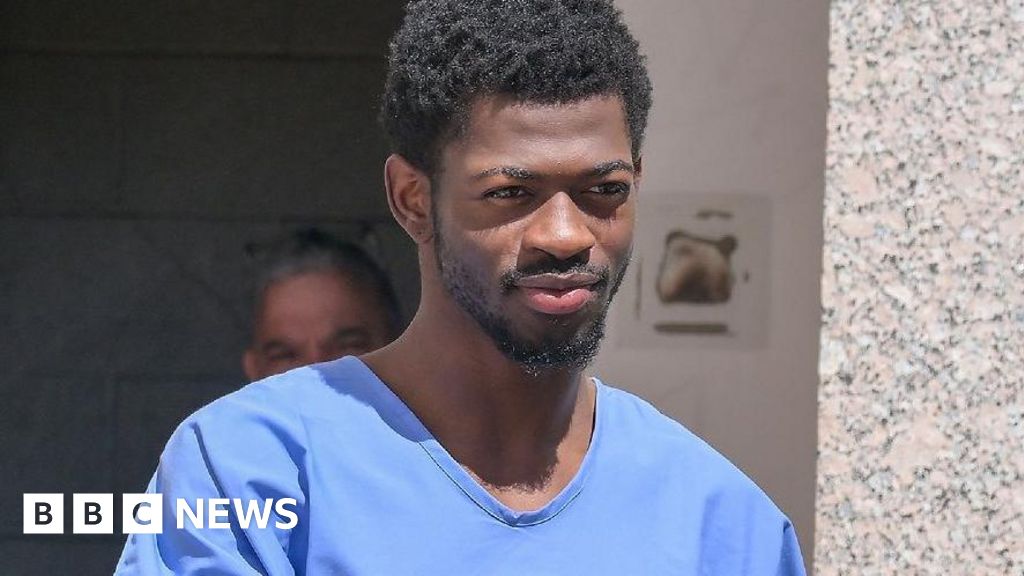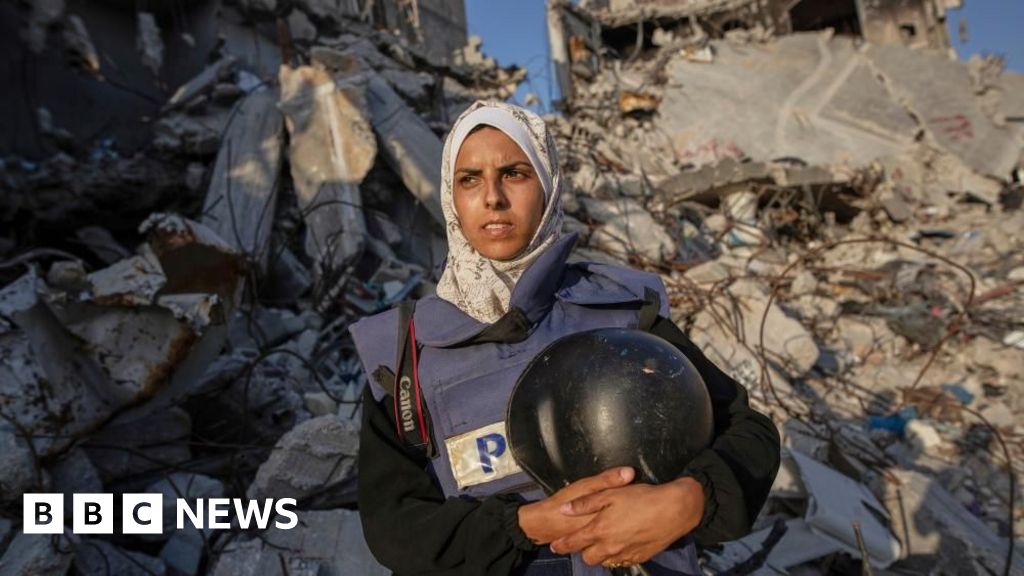One of the world’s most distinguished blood donors, James Harrison, passed away in a New South Wales nursing home on February 17 at the age of 88. His family reported that he died peacefully in his sleep. Known across Australia as the individual with the "golden arm," Harrison made a monumental impact by donating blood plasma, which contained a unique antibody, Anti-D. This critical antibody is used to prepare medication for pregnant mothers whose blood could potentially harm their unborn children.
Harrison’s journey into philanthropy began at age 14 when he required blood transfusions after a major chest surgery. With a promise to help others, he started giving plasma at 18 and maintained his generous routine until the age of 81, donating every two weeks. This dedication once earned him a Guinness World Record for the highest amount of blood plasma donated until it was eclipsed by another donor in the U.S. in 2022.
His daughter, Tracey Mellowship, expressed her father's pride in being able to save so many lives without any physical cost, emphasizing that "it does not hurt" to donate and that "the life you save could be your own." Mellowship, alongside two of Harrison's grandchildren, benefited from life-saving anti-D immunizations, which provide essential protection to prevent a dangerous condition known as hemolytic disease of the fetus and newborn (HDFN).
Before the development of anti-D interventions in the mid-1960s, HDFN had a grim prognosis, with half of those affected not surviving. Though the origins of Harrison's unique blood formulation remain unclear, his contribution had far-reaching effects, with about 45,000 mothers and their babies benefitting from the efforts of fewer than 200 Anti-D donors in Australia each year.
In a significant undertaking, Australia's Walter and Eliza Hall Institute of Medical Research is collaborating with Lifeblood to replicate Harrison's and other donors' blood and immune cells in the lab, hoping to create lab-produced anti-D antibodies that could aid pregnant women globally. David Irving, Lifeblood's research director, described the quest to create this new therapy as a "holy grail," highlighting the ongoing need for regular donors capable of producing high-quality antibodies. Harrison's legacy of altruism continues to inspire hope in the realm of maternal and infant health.




















